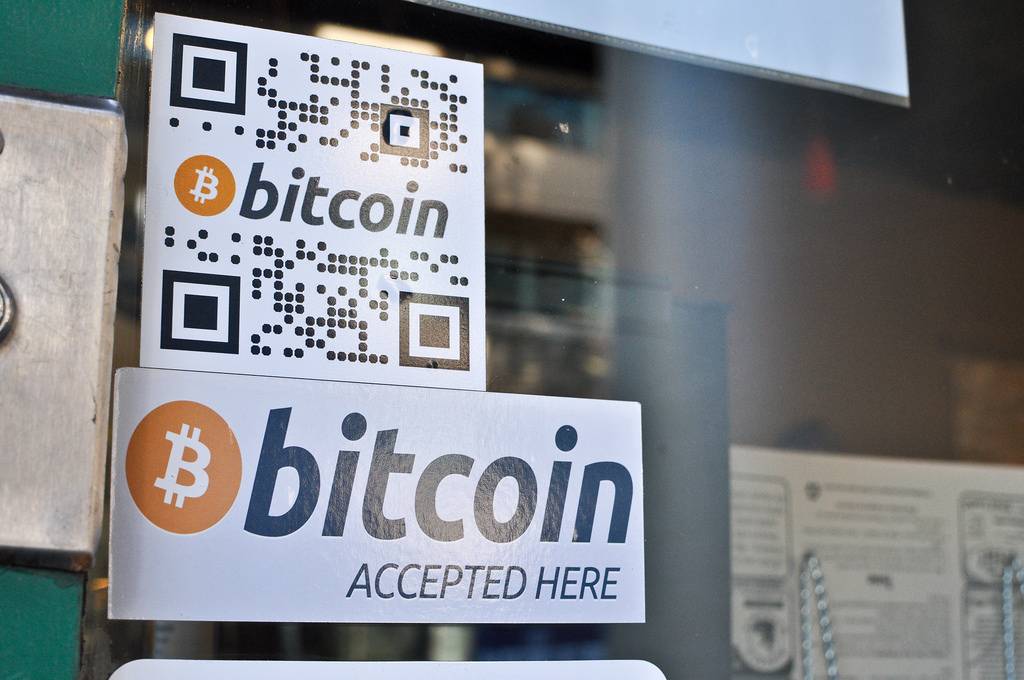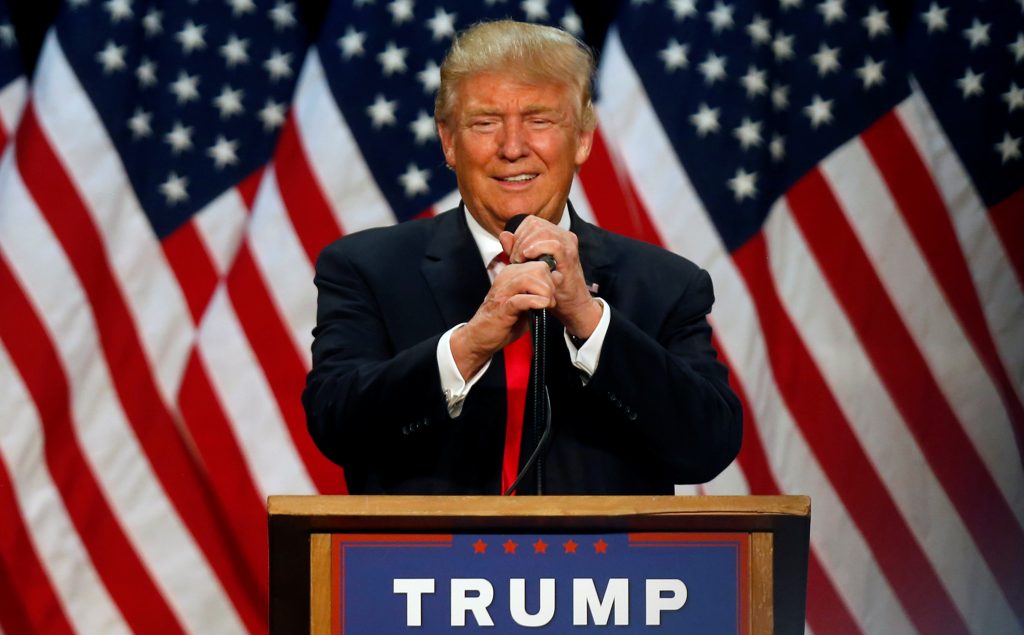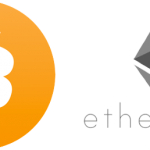International Bank Accounts for a Cryptocurrency Exchange
International banking is the most challenging issue when setting up a cryptocurrency exchange. If you’re in a highly regulated environment, such as the US or UK, and have a lot of startup cash, then you’ll get a bank account. If you’re in a less regulated environment, best of luck to you. In this post, I’ll look at international bank accounts for cryptocurrency exchanges.
There are two types of international bank accounts for a cryptocurrency exchange:
- a correspondent bank account, and
- client accounts with or without a POA.
A correspondent account is one where the bank allows you to hold client funds and send and receive wires on behalf of those clients. The bank does due diligence on you, the exchange, but not much on your clients.
Client accounts are bank accounts opened by each and every client of the exchange. Then the exchange opens an account and is allowed to transfer interbank between its account and accounts registered to its customers.
Correspondent accounts are becoming extremely difficult for offshore cryptocurrency exchanges to get. Unless the bank can get comfortable with your KYC and AML procedures, and that you won’t accept deposits from any undesirables, they won’t open a correspondent account for you.
When a cryptocurrency exchange has received its license from US and UK regulators, banks are more willing to take a risk. Even then, they often hedge this risk by holding a large deposit in case of fines.
When the cryptocurrency exchange is from a lesser jurisdiction, such as Panama or a Caribbean country, their banking options will be limited. You’ll be forced to open with a local bank or search out a correspondent partner and put up millions in capital.
The other option for a startup exchange is to ask every customer to open a bank account at your selected international bank. This way, the bank does due diligence on your customers and the risk in a correspondent account is eliminated.
Don’t dismiss the separate accounts option out of hand. Sure, it puts up barriers to customer acquisition. But, separate accounts greatly reduces transaction costs, capital required for the exchange, and allows your customers to get set up offshore. You can have your clients open an account online and play around a bit. Then, when they’re ready to get a real bank account, your exchange could handle the paperwork.
And think about international bank accounts for cryptocurrency exchanges. How much will it cost to send wires? If you don’t have a correspondent account in the US, UK or EU, how will you send wires? Will your customers accept an $80+ wire fee? I doubt it.
If you and your customers are all at the same bank, there’s no charge to transfer between accounts. Customers can instantly move from crypto to FIAT to gold at zero cost.
- Quality international banks typically offer physical gold accounts. Some even allow you to borrow against that account. Such a loan could be used to buy crypto, with the gold acting as a hedge.
Finally, operating a cryptocurrency exchange offshore provides you and your clients’ privacy and asset protection. The US IRS is going to war with Coindesk. A good number of US customers would be willing to make the effort to set up an offshore account if it could be linked to a cryptocurrency exchange.
Your customers might decide to form an offshore corporation or trust to hold their international bank account and cryptocurrency account. That would provide additional asset protection and possibly tax benefits.
For example, a US customer could take their IRA offshore and move it into an Offshore IRA LLC. Trades in the IRA account would be tax-free because gains would flow back to the retirement account. Plus, because the IRA is offshore, you could provide a non-recourse loan if you wanted to give them trading leverage.
For larger customers, with $2 million or more, they could set up an international life insurance policy to hold their account. Trades in the account would be tax-deferred or tax-free. Tax-deferred if they canceled the policy and tax-free if they hold the policy until death and transfer to their heirs.
And it’s possible to set up these accounts with a Power of Attorney to the cryptocurrency exchange. This is a new concept in crypto, but something we’ve been doing for years for investment advisory firms.
Each customer opens an international bank account and gives a Power of Attorney to the cryptocurrency exchange. The exchange is thereby allowed to manage and invest the account on behalf of the customer.
This would be especially helpful in a situation where the international cryptocurrency exchange is providing fund management or needed access to the account for a margin call.
As I said above, if you have a major license and capital, we can assist you to secure international correspondent bank accounts for your cryptocurrency exchange. If you’re just getting started, you might offer international bank accounts to your customers as a solution to both yours and their desire to be offshore.
For more information, please contact us at info@premieroffshore.com or (619) 483-1708. We’ll be happy to work with you to structure a cryptocurrency exchange offshore.












Leave a Reply
Want to join the discussion?Feel free to contribute!